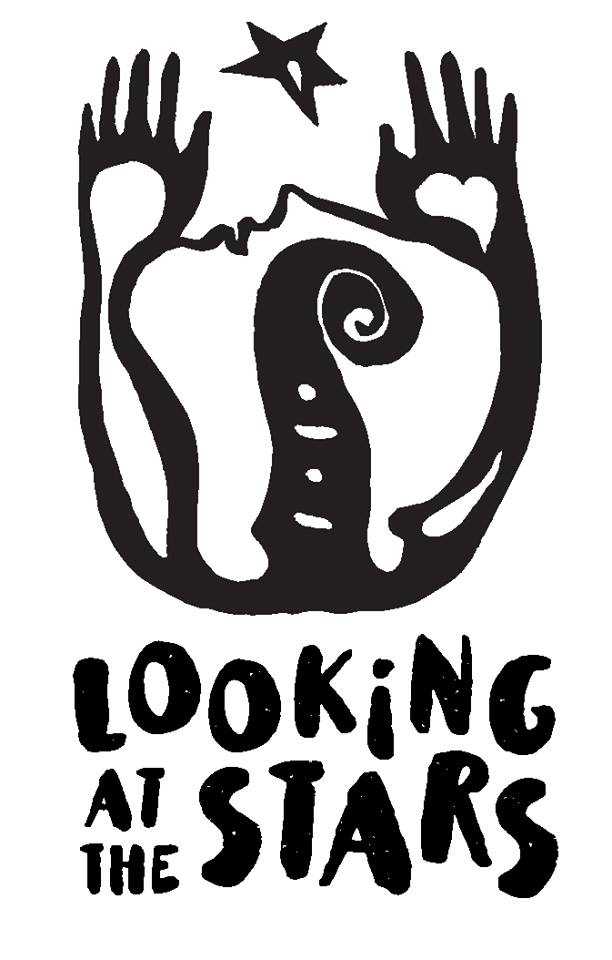Our Founding Musician, Lukas Geniušas, Receives Glowing Review in Quebec
We’re delighted to share this exceptional review by one of the most challenging Quebec critics about Lukas’s performance there last week.
https://www.ledevoir.com/culture/musique/560466/lukas-geniusas-pianiste-d-exception
English translation below:
The amazing recital of Lukas Geniušas at Pro Musica in December 2016 did not hold momentary grace. The 29-year-old Russian-Lithuanian pianist confirmed on Saturday in Orford that he is one of the few great keyboard lords. Geniušas is not an “excellent young pianist anymore”. He is a very talented artist, walking in the footsteps of keyboard alchemists named Arcadi Volodos or Sergei Babayan. We must bless what our era offers us. If we look back four decades, we certainly had huge pianists, like Arrau, Serkin, Guilels at the end of their career or Brendel and Moravec at the top of their art, but in the category of the magicians of sound, whose art and palette defied the understanding, alone, or almost, a young Romanian, Radu Lupu, appeared really singular. Perahia too maybe, but not at this level …
Today, the “unusual” side of Lukas Geniušas, particularly in relation to his age, is not a unique case. In the younger generation, Benjamin Grosvenor, Pavel Kolesnikov, Lucas Debargue and even Charles Richard-Hamelin, with whom Geniušas shares the destiny of having finished 2nd at a Chopin Competition (in 2010), is a much more interesting artist. as the laureate (Avdeeva in the case of Lithuanian).
An incredible sound palette
A recital by Lukas Geniušas is sound in the service of musical expression. It is, from this point of view, the antithesis of Olga Kern, who appeared in this room a few weeks ago, since the touch palette of Geniušas is infinite. While often very detailed pianists compensate for a lack of sound weight, Geniušas has an amazing density in the forte and the left hand. Note that the sound emission never gives the impression of verticality or “typing.”
In this game, everything is organically linked because nourished by a supreme art of phrasing and transitions. The miracle of Chopin’s 3rd Sonata, touched by a breath, is there. Who heard this sonata by Geniušas (in particular a 2nd fluid movement where the pianist seems to float on the keyboard), Richard-Hamelin and on the CD of Alexeï Volodin has probably made the tour of what was made more thought , more concentrated and more poetic in the last 20 or 30 years.
Everyone understood from Scarlatti Sonatas K. 544 and 450 that this artist was unconventional, in his manner of touching the piano and hemming phrases. In the second part, Geniušas explored Tchaikovsky’s folklorism and the “human-faced minimalism” of Leonid Desyatnikov (born in 1955), a Ukrainian composer of his friends. Desyatnikov’s music explores atmospheres (No. 1), Ukrainian rhythms (No. 4 and No. 12), memories of French music (No. 15 and left-hand ones in No. 17) through sometimes simplistic cells (Prelude No. 11). ‘to the trepidation of Prelude No. 23 placed at the end of the selection.
Orford Music Festival, Saturday, August 10, 2019
Recital by Lukas Geniušas
Scarlatti: Keyboard Sonatas K. 544 and 450
Chopin: Piano Sonata No. 3
Tchaikovsky: Dumka
Desyatnikov: 12 Preludes, excerpts from 24 Preludes “Songs of Bukovina”





